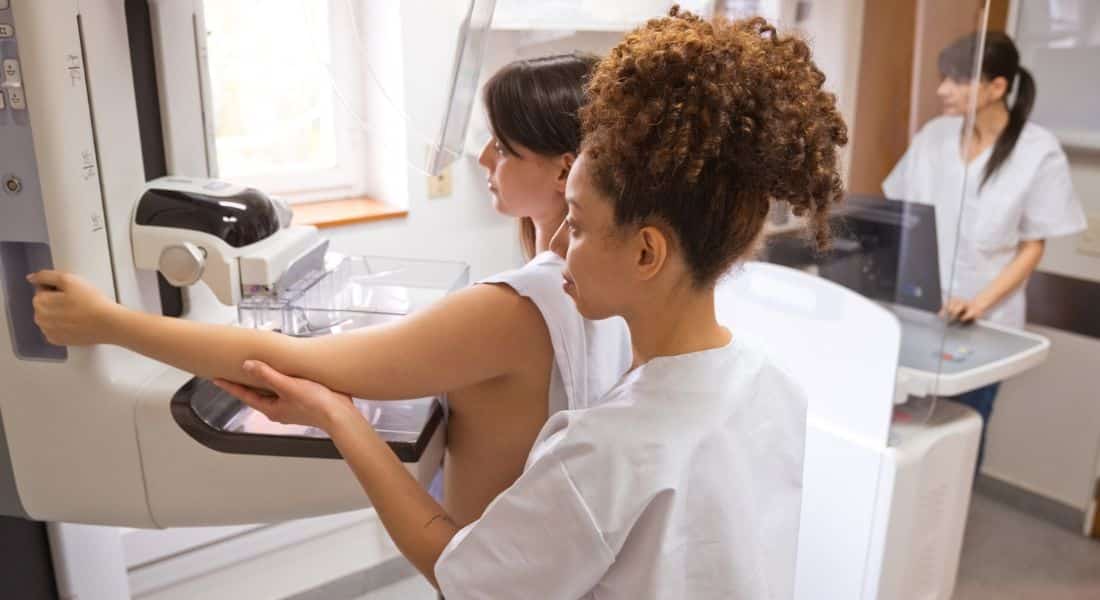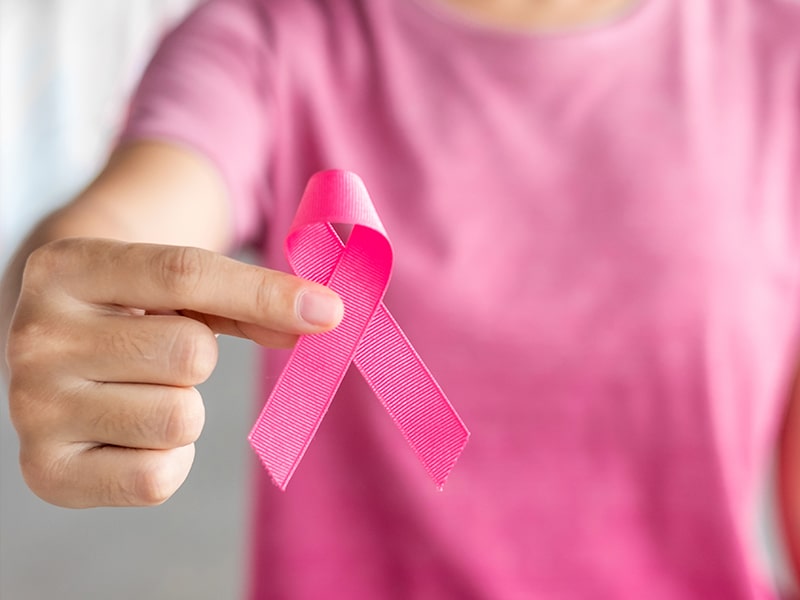More than 300,000 American women are diagnosed with breast cancer each year, and younger people are increasingly at risk, with cases among patients in their 40s rising 2% each year over the past decade.
“Young women are getting diagnosed more and more often,” says Danielle Jacobbe, DO, FACOS, breast surgeon on the medical staff at Methodist Dallas Medical Center.
That’s why a year ago, an influential national task force recommended that women start getting mammograms every other year starting at age 40, rather than 50. But breast surgeons like Dr. Jacobbe have long preached more frequent screenings.
“We have always recommended mammograms starting at 40 and yearly,” Dr. Jacobbe says. ”That will be forever what I recommend to my patients. Truly, it is so important to do it yearly.”
Dr. Jacobbe sat down with Brett Stanley, director of employee wellness for Methodist Health System, to talk to the Methodist Generations group about the basics of breast cancer and how women can protect themselves through frequent screenings and by understanding and lowering their risk factors.
Types of Breast Cancer
Understanding the biology of the breasts can go a long way toward recognizing how breast cancer compromises a woman’s health.
MAMMOGRAMS EXPLAINED
Although 1 in 5 breast cancer diagnoses begins with a self-exam, Dr. Jacobbe emphasizes that mammograms are the “gold standard” for diagnosis. She explains why and talks about biopsies, the next step when cancer is suspected.
ASSESSING RISK FACTORS
Understanding what puts you at risk for breast cancer is key to taking the correct precautions. Dr. Jacobbe explains how hormone replacement therapy can raise the risk and when a family history of breast cancer might make genetic testing advisable.
LOWERING YOUR RISK
Dr. Jacobbe talks about how moderate exercise can be a game-changer for lowering the risk of breast cancer. She also recommends dietary changes and, above all, stopping smoking.
TREATMENT OPTIONS
Once cancer is diagnosed, there are a range of treatment options available. When it comes to surgery, Dr. Jacobbe explains how the conventional thinking about the risk of recurrence with lumpectomies (removing the tumor) and mastectomies (removing the entire breast) has changed over time.
Connect With Methodist






